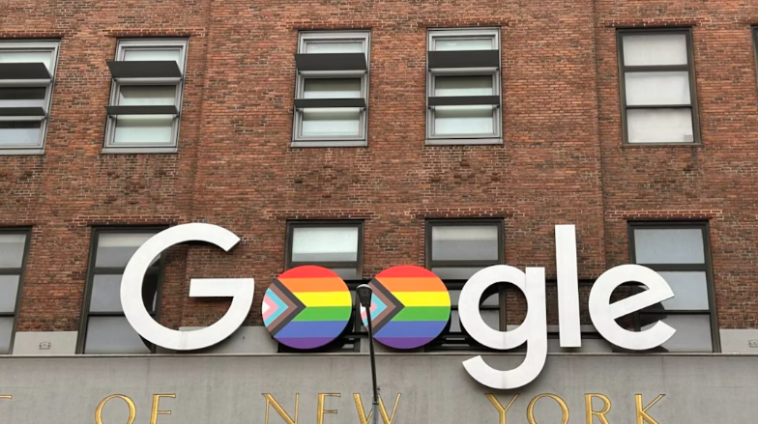In a decisive policy change, Google has abandoned its diversity hiring targets and launched a broad review of its Diversity, Equity, and Inclusion (DEI) programs. The move comes as the tech giant responds to growing legal and political pressure, as well as internal and external critiques questioning the effectiveness and fairness of DEI initiatives.
Eliminating Quotas and Rethinking DEI
Fiona Cicconi, Google’s head of Human Resources, announced the end of explicit diversity hiring quotas in an internal memo, signaling the company’s departure from its earlier commitments to increasing representation of minority groups in management roles. These diversity goals had been introduced during the height of social justice activism in 2020, when Google and many other corporations pledged sweeping DEI reforms.
“While we remain committed to fostering an inclusive environment, the way we approach that commitment must evolve,” Cicconi wrote, noting that ongoing legal challenges and shifting federal policies have made it necessary to reevaluate DEI practices.
Legal and Policy Changes Under Trump Administration
President Donald Trump’s recent executive orders and legal initiatives targeting race-based hiring policies and DEI practices have prompted major corporations to take a step back from programs they once touted as essential. Trump’s policies emphasize merit-based hiring and caution against using taxpayer funds to support what many see as divisive and discriminatory practices.
Google’s decision comes in the wake of recent Supreme Court rulings and federal directives warning that preferential hiring based on race or gender could violate anti-discrimination laws. Cicconi acknowledged these external factors, stating, “We must ensure that our programs comply with legal standards while delivering real value.”
The DEI Backlash: Why Companies Are Backing Off
Criticism of DEI programs has been mounting, with opponents arguing that such initiatives often prioritize identity politics over merit and competency. Critics within the tech industry have also raised concerns that DEI quotas result in reverse discrimination, exclude qualified candidates, and create a culture of resentment among employees.
“DEI programs have turned into corporate virtue-signaling machines,” said tech analyst Charles Reynolds. “Companies like Google adopted these policies to avoid public backlash, but they’re now realizing that these programs are costly, divisive, and legally questionable.”
Google is not alone in reassessing its diversity agenda. Companies like Meta, Amazon, and Target have also begun scaling back DEI efforts, recognizing the risk of legal repercussions and public criticism. Many of these corporations face backlash not only from external critics but also from employees who feel the programs foster preferential treatment for select groups.
A Shift Toward Merit-Based Hiring
The cancellation of Google’s diversity hiring targets reflects a growing acknowledgment that merit-based hiring is key to fostering long-term success and innovation. Critics have long argued that enforcing hiring quotas based on race, gender, or other identity factors undermines organizational performance.
“With DEI, companies shifted focus away from hiring the best and brightest,” said business strategist Tom Wilcox. “Instead, they pursued symbolic goals that did little to improve actual workplace performance or harmony. Reverting to a merit-driven model is a smart move.”
Future of Google’s Diversity Reporting
As part of its DEI review, Google is also considering whether to continue publishing its annual diversity reports. While the reports were initially intended to highlight progress, they have become a source of internal debate over their accuracy and usefulness. Critics within the company argue that the reports do little more than inflate numbers to satisfy public relations objectives.
A Necessary Reset
Google’s decision to pull back on DEI programs signals a broader cultural shift among corporations facing the reality that such initiatives, once heralded as essential to corporate progress, may have caused more problems than they solved.
By scrapping diversity quotas, Google is taking the first step toward restoring balance and prioritizing talent over identity politics. As DEI initiatives across corporate America face increasing scrutiny, more companies are expected to follow Google’s lead, focusing on policies that emphasize merit, fairness, and measurable outcomes.
“Google is finally waking up,” said political commentator Ben Shapiro. “DEI was always about creating division, not unity. It’s time to get back to what works—hiring based on skill, not ideology.”


